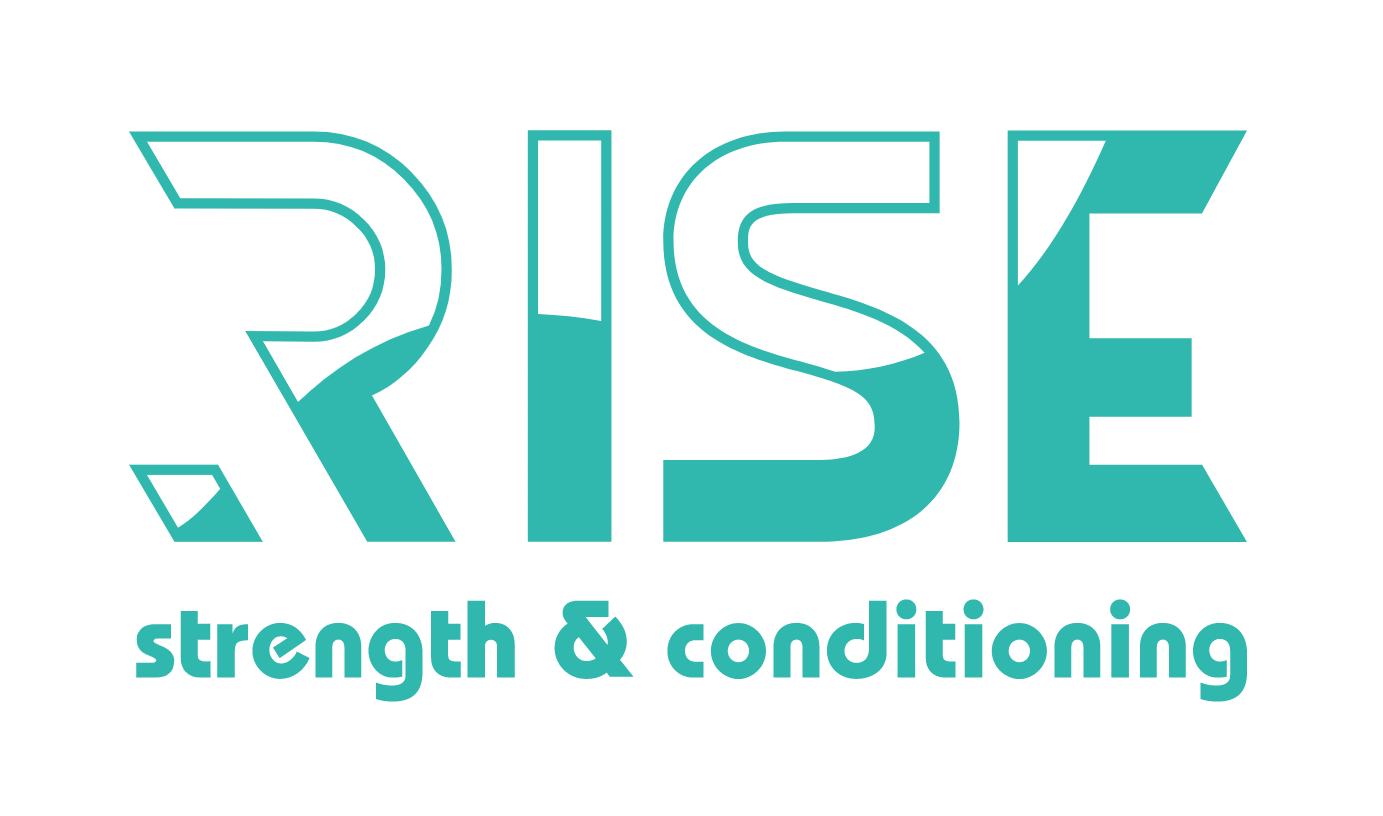RISE coaches are expected to comply with the standard Code of Conduct guidelines in the following areas as outlined:
- Commitments: respect and dignity, professional image, relationship and boundaries, and,
- Expectations: scheduling, conflict of interest, abuse of privilege, privacy and confidentiality, and energy policy.
- Other policies: energy & personal storage
This Code of Conduct and the principles contained herein are a living document and will serve to guide our Coaching Team to conduct themselves in the highest manner of professionalism in the delivery of service, as well as to uphold the values that define the culture and work ethic at RISE SHANGHAI.
COMMITMENTS
RESPECT AND DIGNITY
1. Coaches must respect the rights, dignity, and worth of all athletes & colleagues. Specifically, coaches must treat everyone equitably and sensitively, within the context of their activity and ability, regardless of gender, ethnic origin, cultural background, sexual orientation, religion, or political affiliation.
PROFESSIONAL IMAGE
1. Coaches should consistently display high personal standards and project a favorable image of health and wellness. Personal appearance is a matter of individual taste but coaches are expected to project an image of professionalism and hygiene.
2. Coaches are expected to be fully clothed and dressed appropriately while coaching.
3. Coaches should never smoke or consume alcohol while coaching. Should coaches consume some alcohol prior to coaching it must not be evident on their breath nor should it affect their competence to coach, and compromise the safety of the athletes.
RELATIONSHIP AND BOUNDARIES
1. Athlete well-being, & safety is our primary concern. Coaches are responsible for setting and monitoring the boundaries between a working relationship and friendship with their athletes. Certain situations or words can be misinterpreted and could lead to allegations of misconduct or impropriety.
2. The relationship between a coach and his/her athlete is akin to that of a teacher-student which precludes the forming of physical relationships.
3. Personal space must be respected, and coaches must be able to distinguish between zones of personal distance (50cm-1.2m) and intimate distance (<50cm), entering the latter only when necessary and with permission.
4. Physical contact in the form of tactile/kinesthetic coaching is oftentimes a necessary part of the coaching process, and coaches must understand the goal and always opt for the least amount of physical touch, eg, gentle tap with 1-2 fingers as opposed to gripping with the full hand.
EXPECTATIONS
SCHEDULING
1. Coaches must commit to class schedules 2 weeks in advance. Changes are permitted as long as there is mutual understanding.
2. All coaches have a responsibility to declare to the Studio of any other current coaching commitments. All conflicts, if any, must be resolved immediately.
CONFLICTS OF INTEREST
1. Coaches are obligated to prevent situations that may create conflicts of interest with the Studio, either directly or indirectly.
2. Coaches may not solicit gifts, remunerations, or service payments in private from athletes, or any other parties who have a business relationship with the Studio.
3. Coaches may not advertise non-Studio-related services to athletes that can result in loss of business for the Studio, including but not limited to recruiting athletes for private sessions or to other studios.
MISUSE OF PRIVILEGE
1. Coaching is a privilege rather than a right. Coaches are entrusted with the work of improving someone’s life through health and wellness. It becomes a coach’s responsibility to avoid exerting undue influence over the athlete in order to obtain personal benefit or reward.
2. Coaches may not solicit and organize private sessions outside of the Studio’s group class hours at the Studio’s premises.
3. Coaches may not engage in unauthorized use of the Studio’s premises for personal purposes and/or with athletes outside the Studio’s group class & other allocated business hours.
PRIVACY AND CONFIDENTIALITY
1. All privileged information regarding the Studio’s operational procedures as well as all intellectual property including but not limited to programmes of the past, present, and future are considered confidential and may not be copied or shared.
2. Coaches may not transfer, plagiarize, publish, trade, or sell any of the Studio’s intellectual property for personal benefit or that of another organization.
OTHER POLICIES
ENERGY POLICY
1. All coaches are expected to turn off all the lights, air conditioning, and music system at the Studio if they are the last ones on the premises. Air conditioning must be set between the ranges of 20-26C if it is turned on.
PERSONAL STORAGE POLICY
1. Cubbies are assigned for each of our coaches where personal effects & other things needed for coaching/ training may be stored.
2. Assigned cubbies are meant for the personal use of coaches only.
3. Coaches should refrain from storing items that may compromise the hygiene or safety of the gym – such as perishable food items, wet towels, knives, blades, etc.
4. Coaches may not store items for members or anyone else, temporarily or permanently.
5. Coaches may not rent assigned cubbies to members or anyone else, temporarily or permanently.
6. In case of periods of extended leave, coaches must clear out cubbies temporarily. Cubbies may be reassigned upon his/her return.
